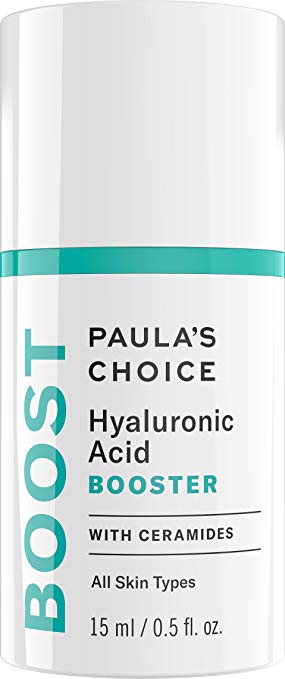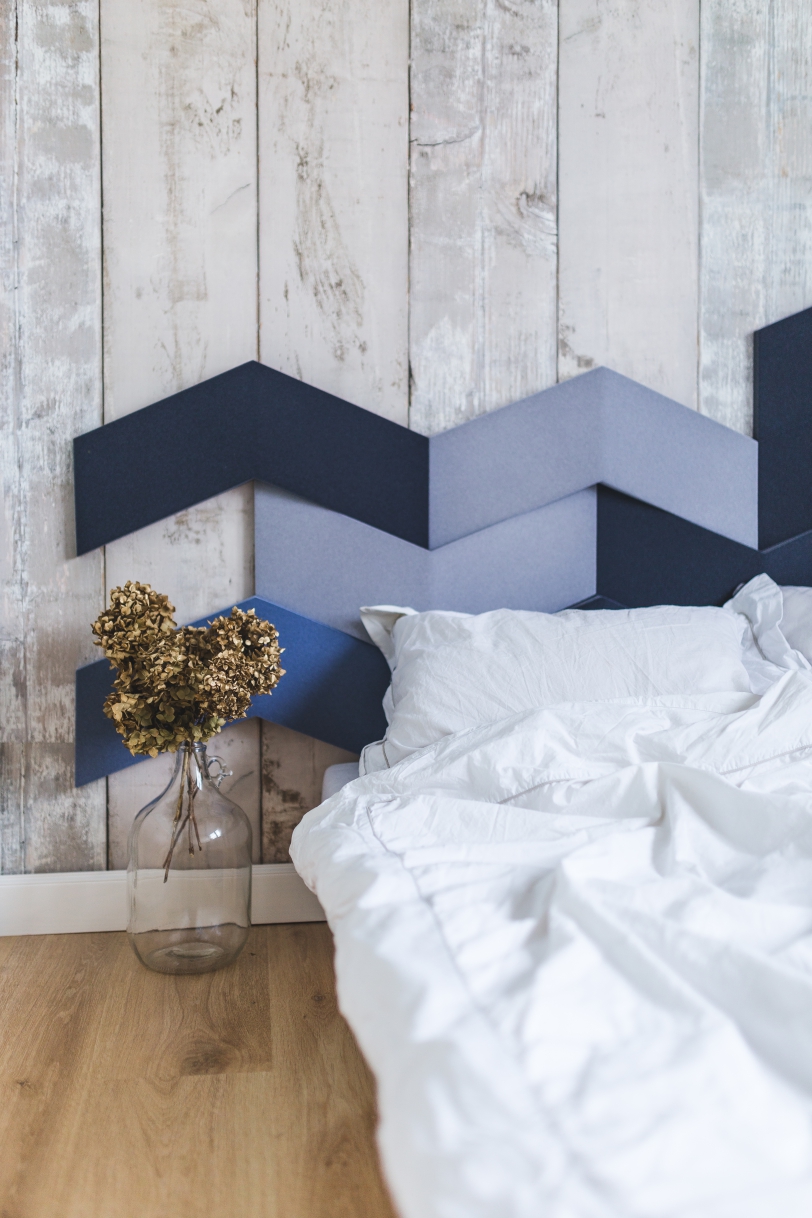I recently read a fascinating article in Porter reporting on the disastrous effects of overuse of at-home skincare devices and peels. In short, we’re more empowered than ever to “take the estheticians office home with us,” but our new access to a variety of powerful skin-resurfacing products and tools (think microdermabrasion devices, derma rollers, lasers, exfoliating acids) has opened the door to overzealous use, resulting in repeated (unproductive) injury to skin—particularly in the form of weakened skin barrier, a.k.a., acid mantle.

The ultimate result of excessive skin treatments and a damage barrier is skin that looks and feels worse than it did before.
At-home facials gone awry aren’t the only cause of a weakened barrier, of course, pollution, sunburn, and windburn can also contribute to skin damage. Furthermore, when used improperly, some generally innocuous skincare staples can cause barrier woes; for example, an anti-acne soap used too often or used on already sensitive skin may damage skin’s protective barrier Too hot water and even long airplane flights can leave the skin barrier compromised. Finally, there are internal causes of barrier weakness, including rosacea, hormonal acne, and the natural aging process.
What Does a Damaged Skin Barrier Look and Feel Like?
A weakened skin barrier may result in painful, inflamed skin. If your barrier is damaged, you may also experience itching, tingling, tightness, dullness, roughness, flakiness, excess oil production or dryness and dehydration, breakouts, stinging, and sensitivity. In addition to these frustrations, a weakened barrier essentially sets us up to experience further damage down the road:
“A damaged barrier cannot do its job – to naturally protect the skin by keeping out the bad, and keeping in the good.” Teresa Stenzel (Bioelements Director of Education) explains, adding that strengthening our skin barrier may help us solve our skin conditions at the core. Left untreated, Stenzel says, a weak skin barrier can lead to “a major common denominator for accelerated aging and unhealthy skin that looks older than its years.”
How to Help You Skin Barrier Heal
Take a break from active ingredients—from vitamin C to AHA to retinol. While these ingredients can work wonders on skin, they must be used in moderation and on healthy skin to avoid aggravating any skin barriers issues you’re experiencing. Give your skin a break for a few weeks and then assess if you’re ready to slowly reintroduce these treatments one at a time. While you’re at it, place your resurfacing tools in a drawer and forget about them until your skin is healthy again. Better yet, save major treatments for the derm’s office.
Be careful when you’re exfoliating. While exfoliation can encourage healthy cell turnover, it’s easy to get too aggressive. Avoid all granular scrubs (spices, ground walnut shells, coffee, and seeds) are too rough and can cause micro tears in skin. Instead, use a soft cotton cloth and a cream cleanser and opt for gentle pressure.
If your skin feels dehydrated, hydrate it. ”If your skin is dehydrated, add products to your daily agenda that have humectants in them (ingredients that attract moisture molecules and hold them within the skin). Saturate your skin with you’re a hydrating toner, don’t skimp,” Stenzel recommends. (Here’s how to tell the difference between dry and dehydrated skin.)

Paula’s Choice Hyaluronic Acid Booster
Be religious about sun protection. When your skin is down, you’ve got to have its back by protecting it from the sun. Wear SPF 30 or higher every day, preferably in a formula designed for sensitive skin. (See our nine best mineral sunscreens for every skin concern.)
Skip sheet masks for a while. Although it may sound counterintuitive—as most sheet masks are marketed as soothing and hydrating, many contain ingredients to help the active ingredients penetrate more successfully. This can further irritate skin (if your skin burns after wearing a sheet mask for a few minutes, you may have a compromised barrier).
Keep it simple. A gentle cleanser and a moisturizer is all your skin really needs when it’s trying to heal. Wash no more than twice a day—sometimes even just a few splashed of water will do. (See why top terms recommend the simpler route.)
Remember that transformation takes time. There are no easy fixes for any skin condition. Whether you’re working on reducing acne or hyperpigmentation—or even boosting your glow—these changes occur gradually with the help of constant, gentle treatment.
Have you ever experienced a compromised skin barrier?
Related: The Derm-Recommended Nightly Routine To Follow To Wake Up With Luminous Skin
Feel A Zit Forming? Do This Protocol ASAP, Wake Up With Miraculously Clear Skin
What On Earth Are Peptides & Do You Really Need Them? Experts Weigh In
Get more like this–sign up for our newsletter for exclusive inspirational content!
__




